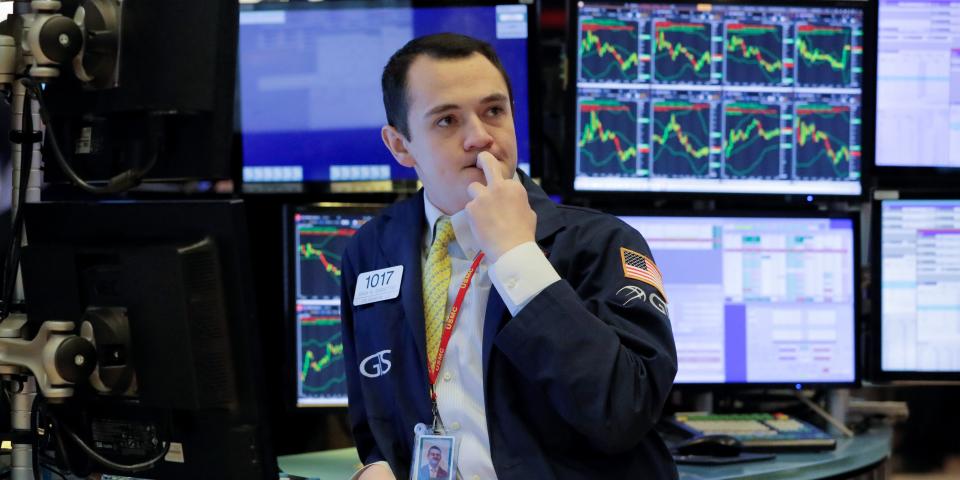
-
The S&P 500 will plunge 32% in 2025 as a recession finally hits the U.S. economy, BCA Research predicts.
-
The company said the Fed will fail to prevent a recession because it takes time to cut rates.
-
Rising unemployment and limited credit will slow consumer spending, exacerbating the downturn.
The stock market will crash 32% by 2025 as the Federal Reserve fails to prevent it a recession, according to the most bearish strategist on Wall Street.
Peter Berezin, chief strategist at BCA Research, recently said in a note that a recession will hit the U.S. economy later this year or early 2025. S&P500 falling to 3,750.
“The consensus story about a soft landing is incorrect. The US will enter a recession in late 2024 or early 2025. Growth will also slow sharply in the rest of the world,” Berezin said.
Part of Berezin’s bearish outlook is based on the idea that the Fed will “go slow” in cutting rates, and that the central bank will only meaningfully ease financial conditions until a recession becomes apparent.
By then it will be too late.
Berezin emphasized that the labor market is weakening as vacancies decline significantly from their post-pandemic peak. A continued decline in the layoff rate, hiring rate and recent downward revisions to the April and May jobs report also point to a slowing labor market.
“Two years ago, workers who lost their jobs could simply cross the street to find new work. That has become increasingly difficult,” Berezin said.
The The June jobs report showed the unemployment rate ticking higher from 4.0% to 4.1%, another sign of some mild weakness in the labor market.
Rising unemployment could eventually lead consumers to reduce spending to build up their “precautionary savings,” Berezin said, and that will happen as consumers’ ability to borrow money shrinks due to rising default rates.
Ultimately, a negative feedback loop will emerge in the broader economy, causing the stock market to falter.
“With little accumulated savings to draw on and the availability of credit becoming increasingly limited, many households will have little choice but to curb their spending. Lower spending will lead to less employment. Rising unemployment will slow income growth, leading to lower spending and even higher unemployment. Berezin explained.
And perhaps most importantly, the Fed’s plan to blunt any economic downturn through rate cuts simply won’t work.
“It is important to recognize that what matters to the economy is not necessarily the fed funds rate, but the interest rate that households and businesses actually pay,” Berezin said.
For example, the average mortgage interest rate that consumers pay is around 4%, while the current mortgage interest rate is around 7%.
That means that even if the Fed cuts rates and mortgage rates fall, the average mortgage interest rate that consumers pay will continue to rise.
That principle also applies to companies and the loans they hope to refinance in the coming years.
“These dynamics will lead to more defaults, which will cause pain for banking systems. The problems that regional banks faced last year have not disappeared,” Berezin said.
Read the original article Business insider
